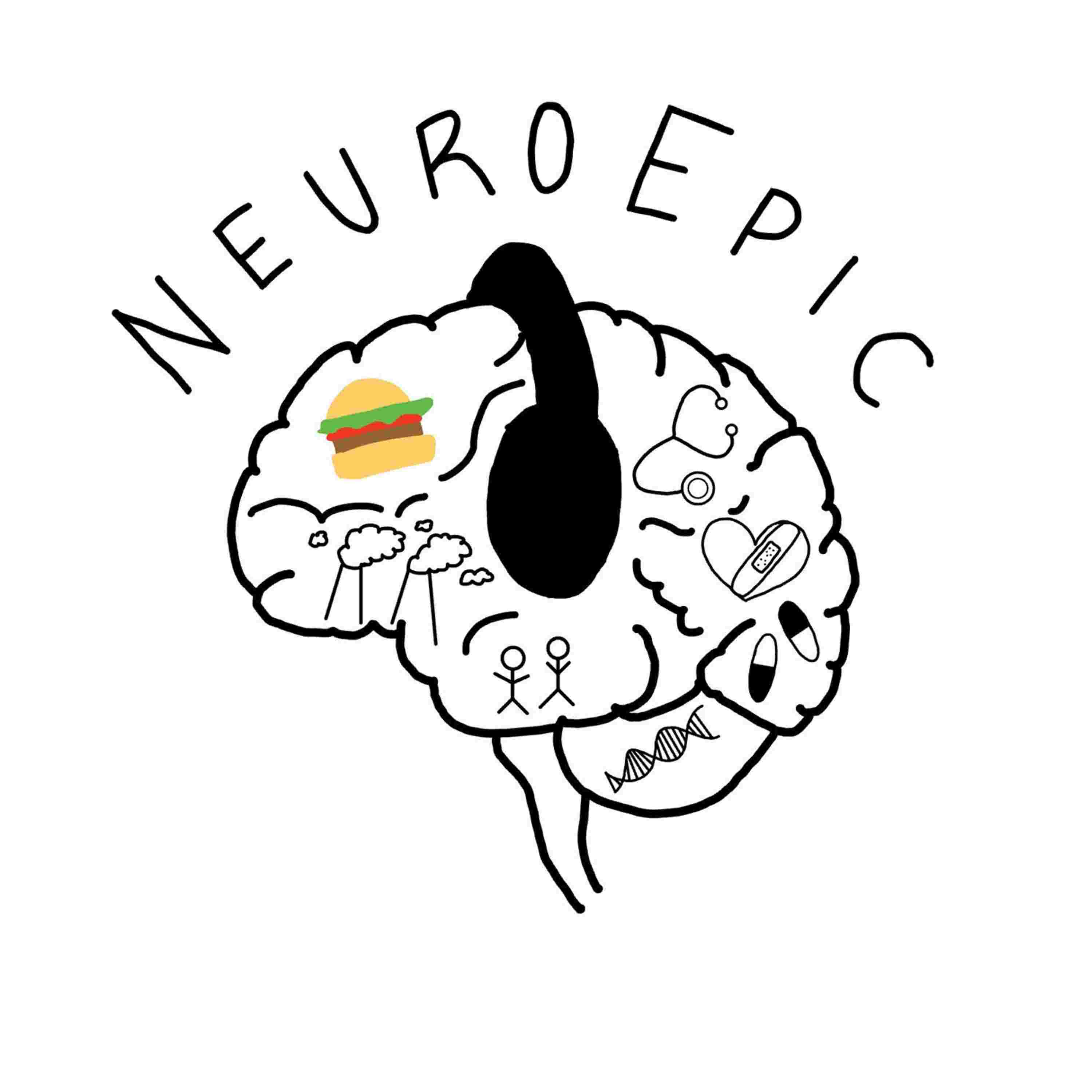

Many of us have heard that taking care of one’s body is vital not only for physical health, but also for mental wellbeing. The supposed connection is that if the person has a healthy body then their mental health will follow suit. And how exactly does one take care of their body? The three most commonly suggested methods of caring for one’s body are sleeping well, exercising, and eating. However, there is some natural ambiguity when trying to identify any of those three aspects of physical health as being a potential causal factor for positive mental health, or in trying to identify deficits in those areas which cause worsened mental health. Is poor sleep causing poor mental health, or does poor mental health disrupt sleep? Does a lack of exercise contribute to depressive symptoms, or does depression itself cause the lack of motivation that interferes with regular exercise? Does unhealthy food contribute to decreased mental health, or do depressed people simply tend to seek out sugary, fatty, unhealthy foods? The answer will surely not be easy to identify in conclusive terms, as either one could be causing the other, or they might be simultaneously causing each other, or there may even be other factors at play. Though sleep, exercise, and diet are assuredly all worthy of investigation, the question we will investigate is whether diet has an effect on mental health. Specifically, we want to examine the assumption that poor diets lead to an increased risk of depression and anxiety, and that good diets lead to a decreased risk of depression and anxiety.